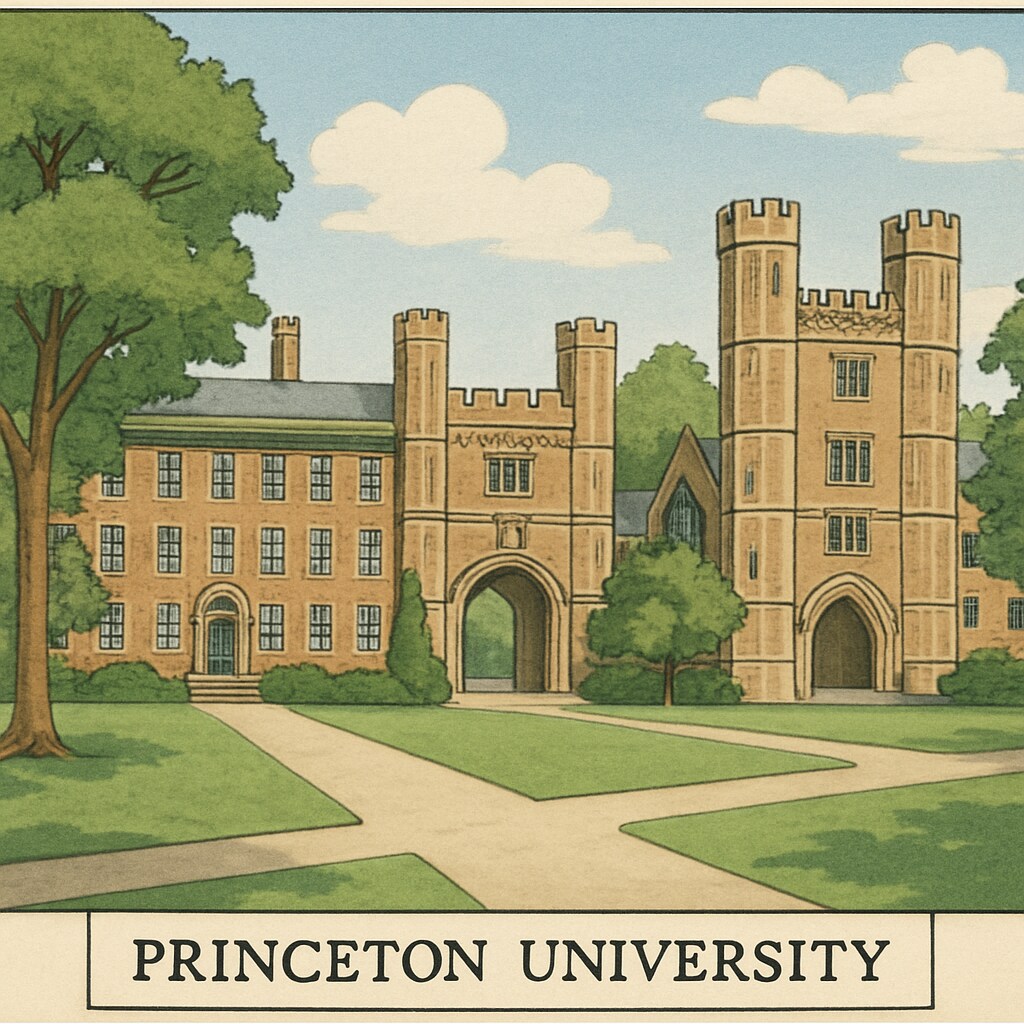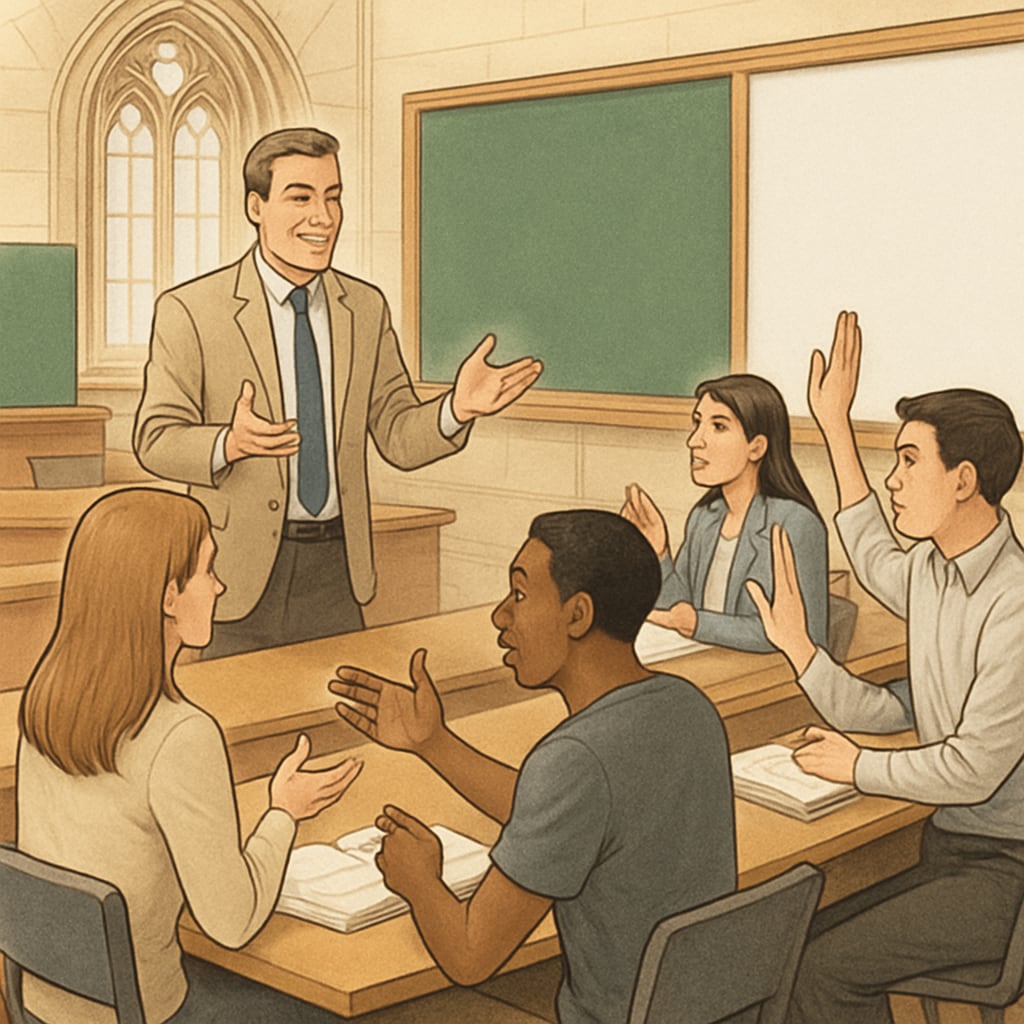When discussing prestigious institutions, the names of Ivy League universities like Princeton often dominate the conversation. These schools have long been associated with exceptional academic standards, elite social networks, and superior career opportunities. However, with growing scrutiny on the cost of education and its correlation to tangible benefits, many are questioning whether the reputation of Ivy League schools is overestimated. This reassessment not only affects prospective students but also reshapes perceptions about the broader education system.
Are Ivy League Schools Truly Worth the Cost?
The financial burden of attending Ivy League schools is substantial. Tuition, room, and board can total over $70,000 annually, creating a significant barrier for many families. While scholarships and financial aid programs exist, the sticker price often overshadows these efforts. Critics argue that this cost does not necessarily translate to better education or career outcomes compared to non-Ivy institutions.

For example, a study conducted by the Ivy League on Britannica revealed that while graduates often earn higher salaries, the gap between Ivy League alumni and those from state universities is narrowing. This raises the question: Is the prestige worth the price, or has the Ivy League brand become more about perception than substance?
Educational Quality: Prestige vs. Practicality
Another aspect to consider is the quality of education itself. Ivy League schools boast world-class faculty and cutting-edge research facilities, yet some students report that teaching quality varies significantly between departments. Large lecture classes and limited professor interaction can detract from the personalized learning experience many expect from elite institutions.
Furthermore, the emphasis on theoretical knowledge over practical skills has drawn criticism. In today’s job market, employers often prioritize hands-on experience and adaptability, which may not align with the traditional academic focus of Ivy League schools. As a result, some argue that the curriculum should evolve to better prepare students for real-world challenges.

The Ripple Effect on K12 Education
The Ivy League’s dominance also influences the K12 education system. Many high school students feel immense pressure to achieve perfect grades and participate in multiple extracurricular activities to meet the stringent admissions criteria of elite universities. This competitive atmosphere can lead to burnout and overshadow personal growth.
Moreover, the disproportionate focus on Ivy League admissions often diverts attention from other excellent institutions. Universities outside the Ivy League offer valuable opportunities and innovative programs that cater to diverse learning styles and career paths. Reevaluating the importance of Ivy League prestige could encourage students to explore a broader range of options.
Conclusion: A Need for Rational Evaluation
While Ivy League schools like Princeton undoubtedly offer remarkable opportunities, it’s essential to approach their reputation with a critical lens. The rising cost of education, varying teaching quality, and evolving job market dynamics suggest that prestige alone should not dictate a student’s choice.
As society continues to reassess the value of elite education, parents, students, and educators must prioritize practical outcomes and personal fulfillment over brand recognition. By broadening the scope of educational possibilities, we can create a more inclusive and balanced system that benefits individuals and society alike.
Readability guidance: This article employs concise paragraphs, clear transitions, and lists where appropriate to improve readability. Passive voice usage is minimized, and long sentences are avoided to maintain engagement.


